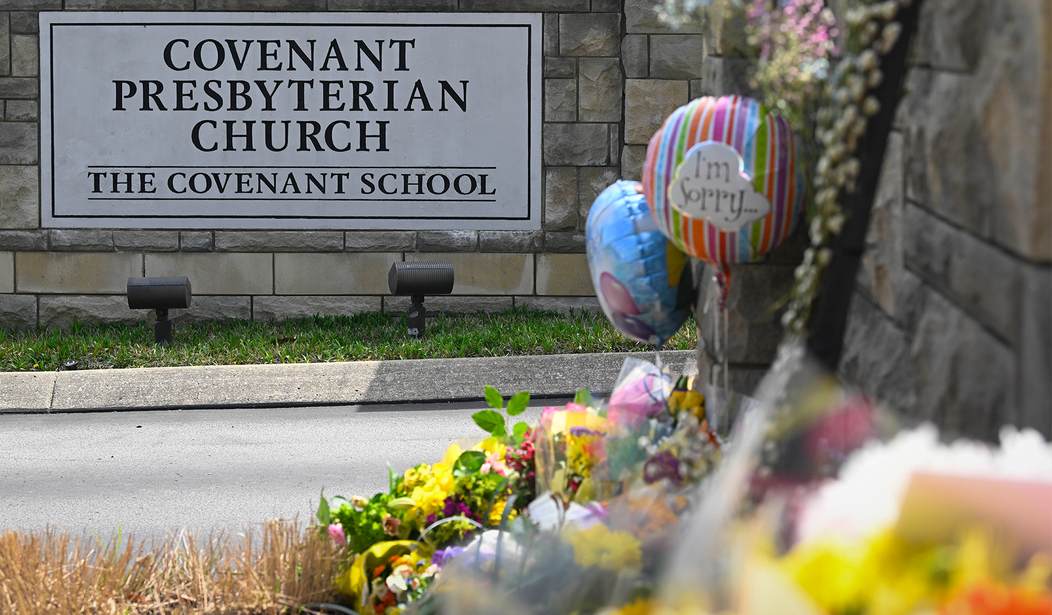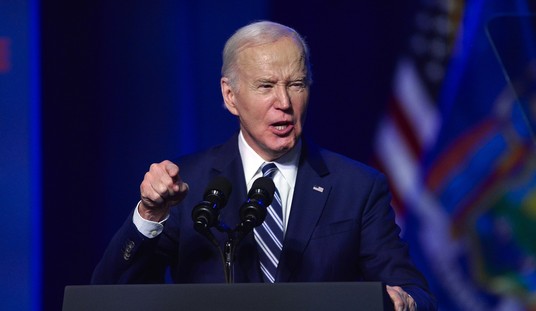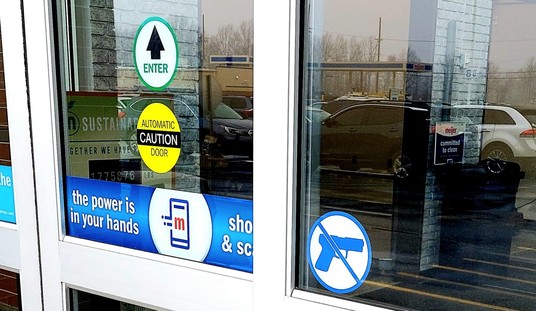We’re now firmly in the phase of the mass shooting aftermath where pretty much every gun control proposal is trotted out to try and say it could have stopped the shooting.
A popular one these days, of course, is red flag laws.
A lot of the media has been focusing attention on the fact that Tennessee doesn’t have such a law, the implication that they should pass one is pretty clear.
However, there are reasons why Nashville doesn’t really make that case.
First, let’s understand how such a law actually works.
The first thing that happens is that someone becomes alarmed that an individual is a danger to themselves or others, so they petition the court to issue a red flag order. The police then come and confiscate the person’s guns as well as enter their name as prohibited in the NICS database for the period while the order is in effect.
On the surface, this looks like something that might have stopped the shooting.
Here’s why it wouldn’t have, though.
The first reason is that the killer’s mother didn’t realize they even had a gun.
The parents of the shooter, [name redacted], spoke to police and said they knew Hale had bought and sold one weapon and believed that was the extent of it.
“The parents felt [the killer] should not own weapons,” the chief said.
Now, we know that the mother shared gun control posts previously, so it seems unlikely that they were of the opinion that anyone should own guns, so their belief the killer shouldn’t have owned guns may well have been broader than a feeling that the killer would eventually kill.
It may also have prompted the killer to lie about having guns in the first place.
Yet that lie also illustrates a potential problem.
You see, people don’t seek out red flag orders without cause. Even if the laws exist and are well-known, people often don’t think of their own loved ones as doing something like that. Especially if they don’t already own guns.
Some will argue that public relations campaigns could change that, but I’m not that sure. A broad, relatively generic by necessity PR campaign isn’t going to trump anyone’s feelings about their own flesh and blood, especially if they don’t have guns already.
Then there’s the fact that law enforcement saw no reason for concern.
Tennessee does not have a “red flag” law that would allow a judge to temporarily seize guns from someone who is believed to be a threat to themselves or others. Even so, Drake said they did not know about Hale’s issues, and there is yet no evidence that Hale was believed to be a threat prior to this week.
“Law enforcement was never contacted,” he said. “She was never committed to an institution.”
Again, while the killer’s folks may have thought he/she/whatever at this point shouldn’t have a gun, there wasn’t anything to suggest they were a danger to anyone up to and including themselves.
As such, it’s unlikely a red flag order would have been granted.
Now, there’s going to be a lot of debate and we may learn something that negates my arguments here. It’s early still, relatively speaking, and so I can accept that.
Yet I’ll also note that, as Cam has previously pointed out, it wouldn’t exactly have been difficult for the killer to completely bypass the protections supposedly put in place with a red flag law and simply buy a gun illegally. Or, perhaps more terrifyingly, they could have come up with some method of murder that would have killed even more people.
The problem with red flag laws is that everything has to work perfectly for them to have any hope in hell of actually doing anything, and they usually don’t.
Plus, in addition to that, there are due process concerns that we’ve talked about aplenty here and the fact that it simply takes one potential weapon away from a dangerous person but leaves them walking around.
Red flag laws aren’t the ticket here. Not even close.








Join the conversation as a VIP Member